Who is Wissam Baki?
Chef Wissam Baki is the executive chef at Amal Miami, known for his modern take on Lebanese cuisine.
With 15 years of experience in some of the best kitchens around the world, Chef Baki has earned himself a reputation for his creative dishes as well as for training up-and-coming chefs.
Wonder what it takes to transition from a dishwasher in Beirut to a celebrated chef in Miami? Wissam Baki’s career spans Lebanon, UAE, Canada, and the US. In our conversation, Wissam talks about his journey, difficulties he faced along the way and opportunities at each step of his career.
You’ll be impressed (as we are) by Wissam’s take on different culinary cultures, the unique charm of Mediterranean cuisine, his belief in mixing dedication, passion, and humility in the kitchen, and his practical advice for aspiring chefs.
You’ve been working all over the world. Can you describe your journey?
Wissam Baki: I started at a young age — I was working to make some money to support my school studies. I worked in different places around Beirut, starting as a helper, dishwasher, and then cook. I eventually got a position in a big chain five-star hotel — a Michelin-star place. I specialized in Lebanese, Italian, and Greek cuisines. All of it eventually opened doors for the opportunity to go to Dubai and after that Canada, where I worked in big steakhouses. Later, a visit to Maimi led to a job offer, and here I am.
What has been the most fulfilling experience in your career?
Wissam Baki: The most rewarding aspect of my career is seeing the joy that my food brings people every day. I enjoy crafting dishes that people enjoy and connecting with them through my cooking. I genuinely love interacting with clients and understanding what they like, what they don’t like and why. The feedback, even the negative type, inspires me to come up with new recipes.
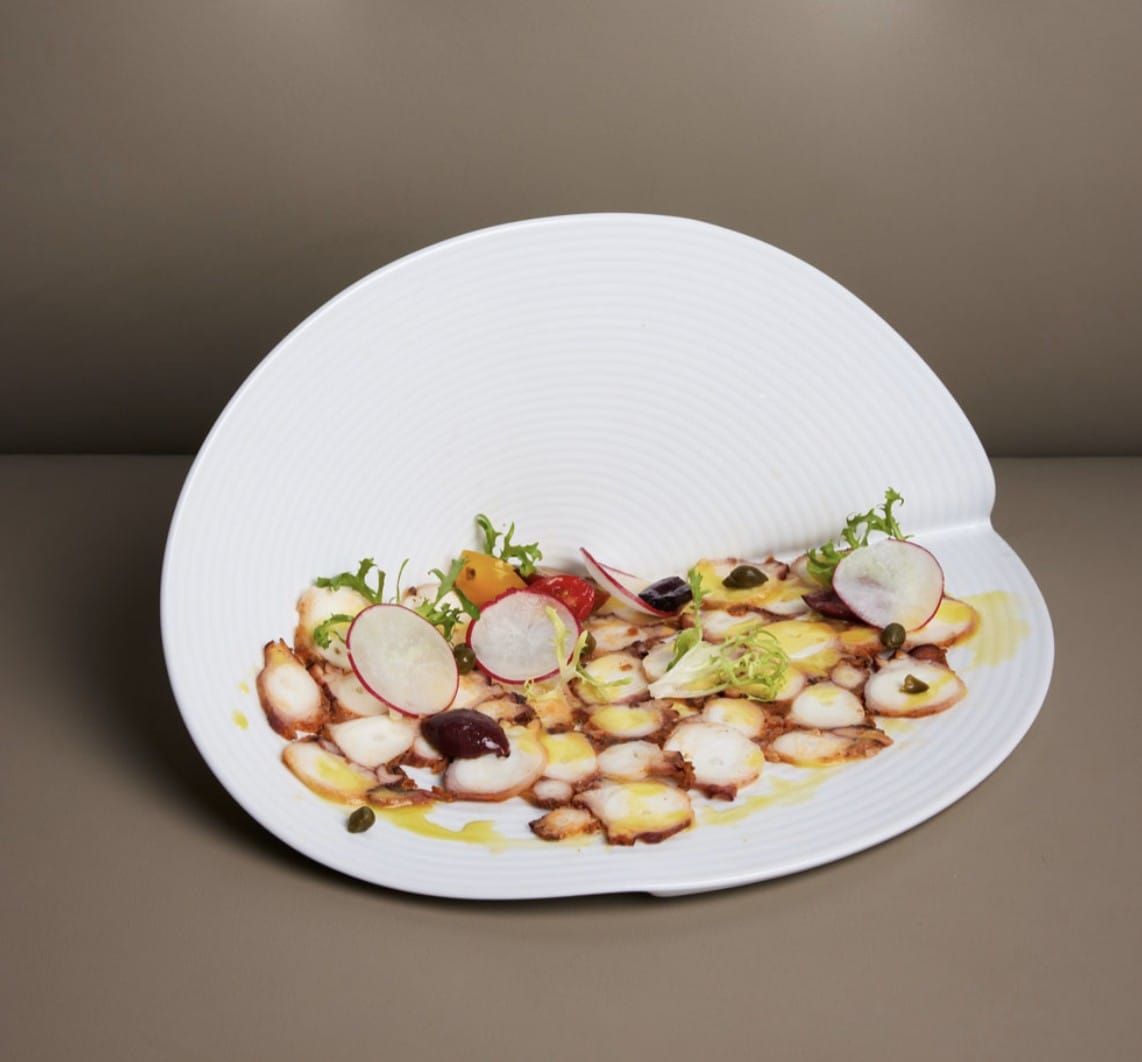
What advice would you offer to someone who’s starting out, based on your own early career challenges?
Wissam Baki: The biggest challenge for everyone in our industry has always been having patience with people. But also, the chef role involves many aspects— for example, understanding market demands and keeping up with industry trends.
Success in our field is not defined by just making money; true passion and commitment are essential, or you won’t last long in the kitchen.
Many newcomers are misguided by the glamorous image of chefs they see on TV and Instagram, not realizing the hard work and stress behind the scenes.
We're the opposite of the entire system — while others celebrate or enjoy time off, we are often working.
How do you motivate your team, especially during holidays and long shifts?
Wissam Baki: Here are a few strategies:
- I always involve my team in menu planning.
- I give them challenges and I encourage them to try out different recipes and to take new approaches.
- Performance-based rewards are important, and I evaluate based on work quality, not personal ties.
- I try to understand my team members’ diverse backgrounds. Moving to Miami, for instance, meant learning Spanish to communicate better.
- I support long-term growth, promoting those who work with me to chef and sous chef roles as they excel. Building solid relationships with my team leads to satisfied customers.
What’s your approach to hiring?
Wissam Baki: For me, hiring is crucial, but not still difficult. It has been especially tough since COVID.
When I interview people, I ask questions to understand why they want the job. Some only want to make money, and sometimes we have positions for them too. But my focus is on those who genuinely love the craft. Usually, those who join out of passion find the job to be fun and satisfying.
The trick is loving your job the way artists cherish their work. If you're not happy, it impacts your cooking, and everything can be sensed in the dish. I’ve gone through times when my own frustration showed on the plate, and customers could feel it and returned the dish.
What do you think is more important — formal education or experience in industry?
Wissam Baki: I’d say experience is more important. It helps you understand every angle of the kitchen, from cleaning tools and equipment to preparation and cooking. When I began my career, I started with simple tasks like cleaning. This taught me the basics of maintaining equipment and running a kitchen. Some people may move up quickly, but without that solid beginning, they often struggle or fail.
Formal education and certifications hold their value, but they’re more like a driver’s license. You need them to show your knowledge, but real experience teaches you how to handle the job's daily challenges. So, I’d say while both matter, experience makes up about 70% of what leads to success in the culinary world.
How do you stay motivated yourself?
Wissam Baki: I motivate my team, but who motivates me? That’s a good question. I stay inspired by finding new ideas and dishes, plus watching legendary chefs. Setting goals like creating new dishes or working on a new menu keeps me driven.
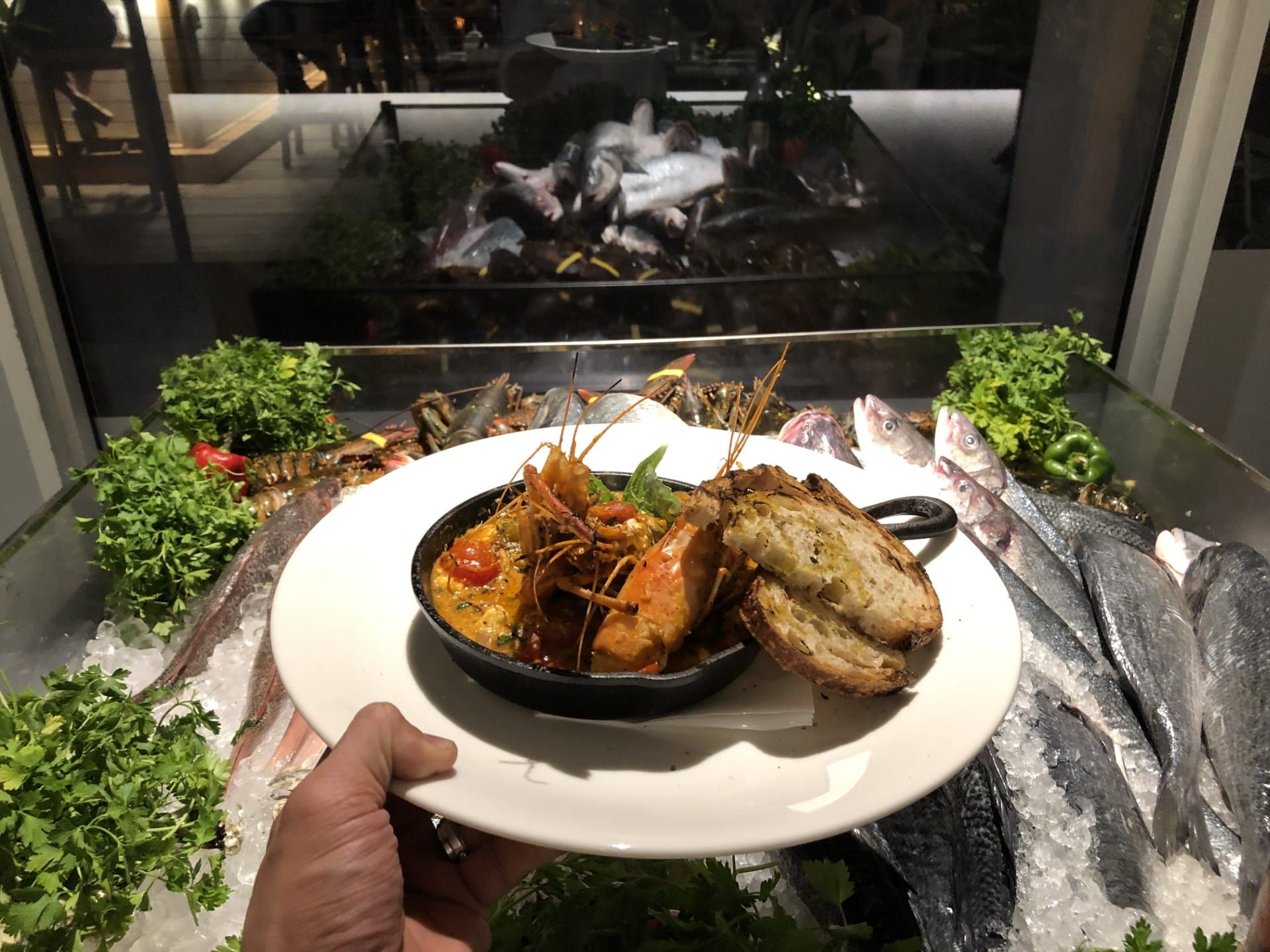
I love cooking and spending time with people, making different types of dishes always makes me happy. Even when customers leave negative feedback, I keep a positive mindset and push forward.
Learning about new cultures and cuisines also gives me a lot of energy. Traveling and tasting new, sometimes unexpected dishes, is what keeps me going.
Have you had mentors in your career?
Wissam Baki: Absolutely, many. My first guide was Vincenzo Perez from Italy, who taught me about international and Italian cuisine. Another key mentor is Joe Barza, a legendary Lebanese chef. I've also learned a lot from working with Shadi Zeitouni. These chefs have greatly influenced my career and still support me today.
Do chefs support each other, or is the industry more about competition?
Wissam Baki: At the beginning of my career, I did feel the pressure and sometimes envied others.
Over time I’ve learnt that you get out what you put in. The true competition lies within yourself.
Now, I focus on self-improvement. I enjoy sharing what I know and growing together. I have deep respect for every chef and believe that learning is possible from anyone, including line cooks. Staying humble and being eager to learn are key.
Do you think a chef’s role is more valued in society nowadays?
Wissam Baki: Yes, I do feel that the chefs are more appreciated now. We receive more acknowledgment, partly thanks to social media and cooking shows. The visibility allows people to appreciate our efforts and see how we enhance their dining experiences.
A chef isn’t a job for introverts. You need to be outgoing: chefs often take on roles outside of the kitchen, such as becoming business owners or TV hosts. Marketing and creating a personal brand have become increasingly relevant in our industry. When starting a restaurant, the chef’s name plays a key role in forming the menu and the restaurant's theme. It’s about using the chef’s reputation to attract customers and build the restaurant’s brand.
But for me, it’s more about delivering a memorable experience and warm hospitality than seeking fame.
How would you say the American restaurant and hospitality compares to other countries’ industries you've experienced?
Wissam Baki: The US has a huge food and beverage industry, and Miami is a great market. However, it lacks some of the hospitality traditions we have in Lebanon, which drove me to work here and bring more value. The Lebanese style of sharing plates — called mezza — is all about bringing people together and sharing not only food, but also love, and culture with family and friends. This could be why Mediterranean cuisine is rising in popularity, which fits my background well. There's also a growing move towards fresh, unprocessed foods over fast food, focusing on healthy, high-quality ingredients. Lebanese cuisine is a great match for this trend, often listed among the healthiest diets due to its variety and use of organic ingredients.
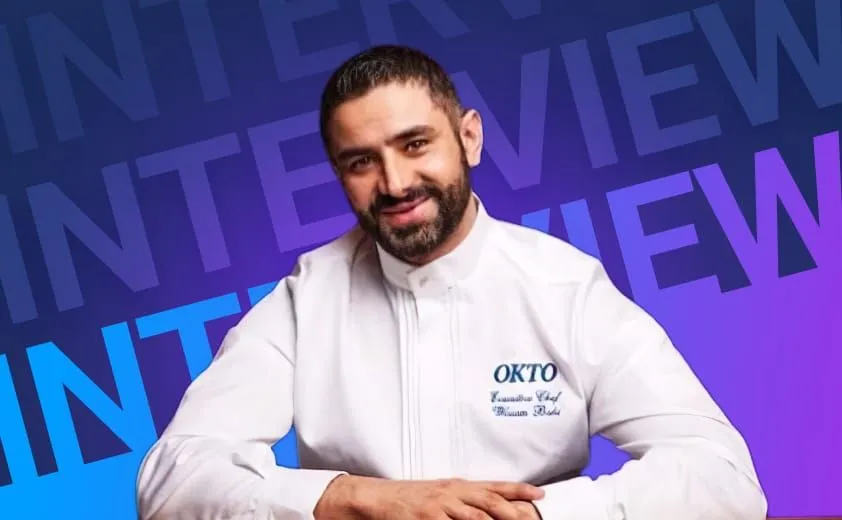


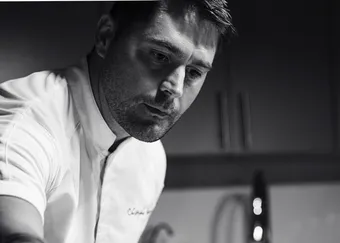
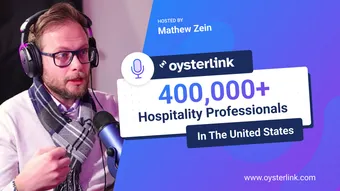
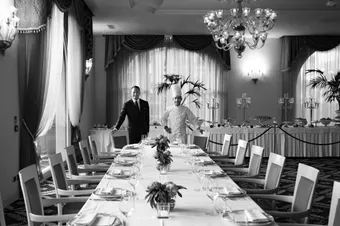
Loading comments...